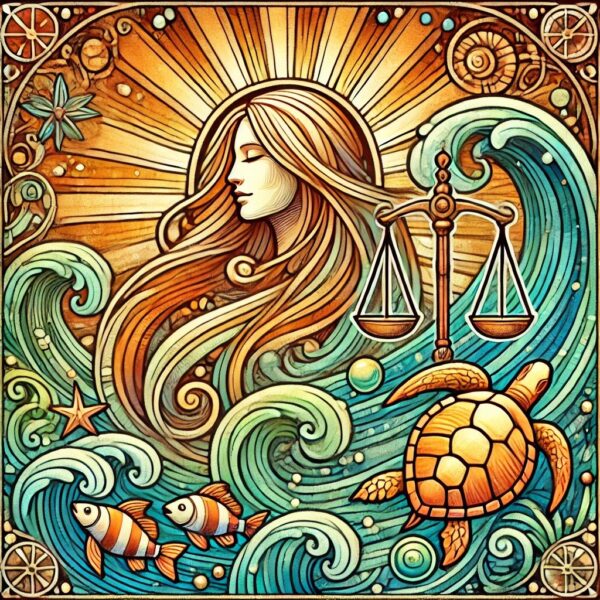The Mediterranean basin is one of the areas most affected by the ecological crisis. Drawing on his experience in New Caledonia, where he participated in the creation of a Nature Law that respects local customs, Victor David, a specialist in environmental law, launched in 2022, with the United Nations, the idea of recognizing the Mediterranean as a legal person, capable of enforcing its rights, protecting its species and habitats, particularly against pollution. And even judging and condemning those responsible for its degradation.
Interview with Victor David, lawyer, researcher at the Institute for Research and Development (IRD).
In the face of the climate crisis, the decline of biodiversity, pollution, and increasingly destructive industrial projects, the recognition of a Nature Law is one of the means to engage states and both private and public actors towards ecological transition.
For about fifty years, local or international initiatives have advanced this law. First in Latin America, particularly in Ecuador, which, marked by the ecological devastation caused by the oil giant Texaco, was the first country to enshrine in its constitution, in 2008, the full respect of “Nature,” also known as “Pacha Mama”; then in New Zealand, with the law for the rights protecting the Whanganui River, in 2017, in accordance with the life principles of local Māori communities.
In 2016, under the impetus of lawyer Victor David, the Loyalty Islands province of New Caledonia adopted the “unitary principle of life” which states that man and nature are one. Elements of Nature, species such as turtles or sharks, are recognized as legal persons with their own rights. The principle is thus established in the environmental code in accordance with French law.
A year later, at the first United Nations Conference on the Oceans, Victor David proposed the idea of making the Pacific Ocean a legal person, a “natural legal entity.”
He starts from the observation that the ocean is degrading due to industrial overfishing that threatens marine species with extinction; on the other hand, for many Oceanian people, the Ocean is not just a maritime space: in Polynesian or Melanesian mythologies, it is a god, a divine person. The law restores its personality, allowing it to be protected once again.
The threats are even stronger for the Mediterranean. In 2022, at the second United Nations Conference on the Oceans, Victor David proposed recognizing the Mediterranean as a “natural legal entity.”
It was necessary to find a notion that allows elements of nature to no longer be objects, even if they are not human subjects. This notion of “entity” allows them to be granted rights, to be protected, and to find individuals to represent them in court, if necessary to judge and condemn those who harm them. In a trial, there needs to be a person who can say: “I am the sea, here are my interests!”
Considering the Mediterranean, its species, and its environments as a legal entity in a trial where it would be able to defend itself would have very beneficial consequences for better protection of Nature and for Humans themselves.
Victor David, lawyer, specialist in Nature Law, research officer at the Institute for Research and Development (IRD), member of the Mediterranean Institute of Biodiversity and Ecology (IMBE/CNRS-AMU). Doctor in Law and social sciences from EHESS, Paris.

